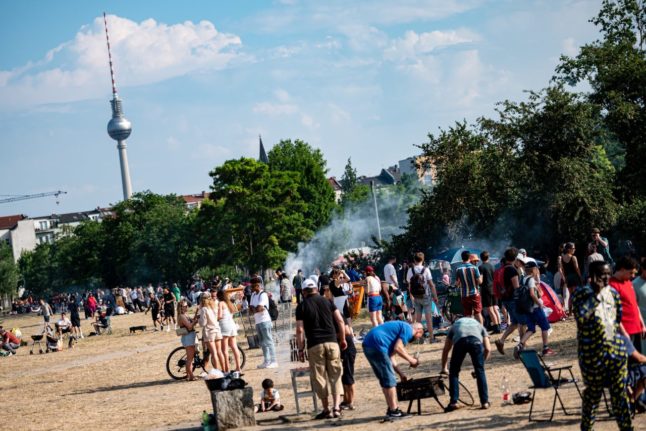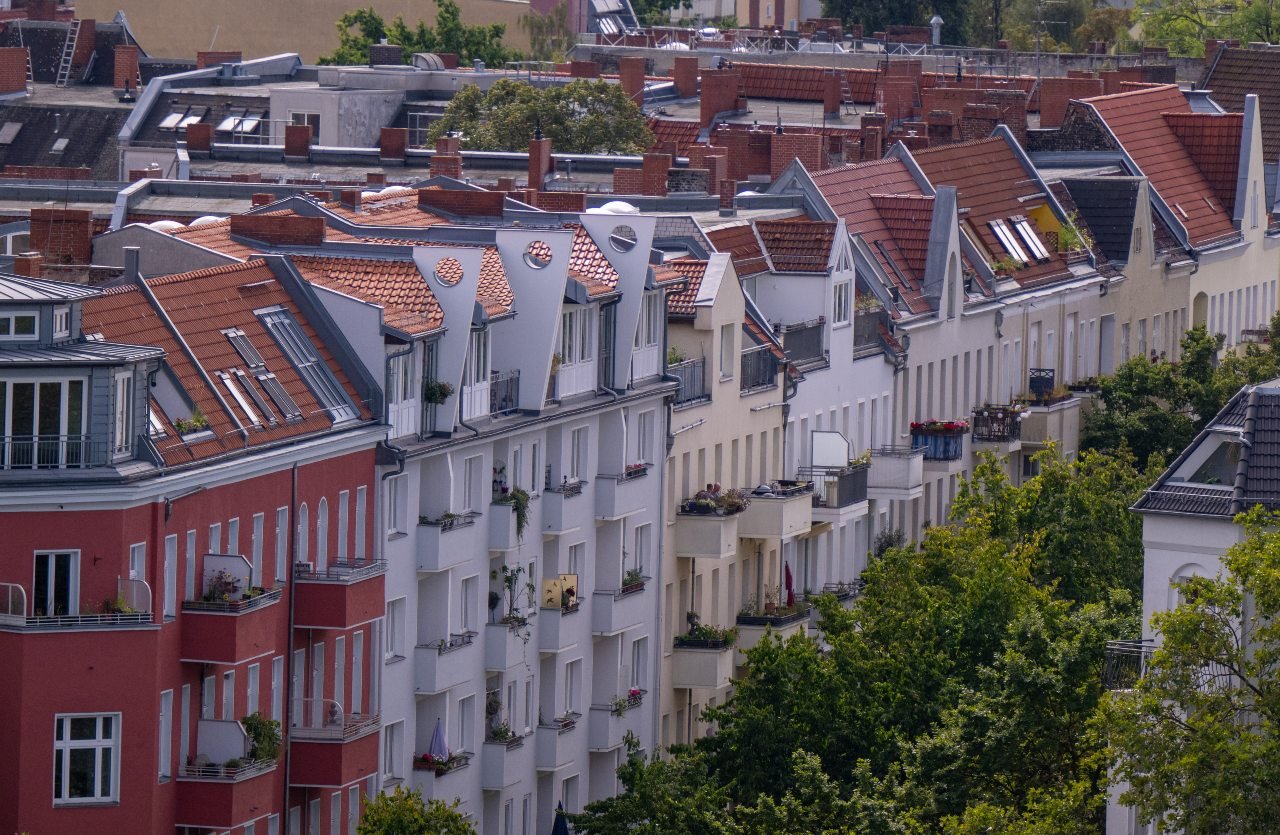“Without our involvement there would be no Opel today,” Merkel told the Frankfurter Allgemeine (FAZ) daily in an interview published on Saturday. “We secured Opel’s chances of survival.”
With US parent company GM struggling to survive, Germany gave Opel a “bridging loan” of €1.5 billion to keep it running and Opel’s 25,000 German employees, half the European total, in a job.
In September, GM signed a preliminary deal to sell a majority stake in Opel, a deal backed by the German government with €3 billion in state loan guarantees, but last month GM decided not to sell after all.
With Merkel having invested considerable political capital in securing the deal, Berlin was not amused. It is now demanding that GM pay back the money.
“Now that the final decision has been taken, GM now has to pay back the bridging loan … It has now taken over the responsibility of financing Opel itself,” Merkel told the FAZ.
GM Europe issued a statement a short time later saying it had repaid another €200 million on the loan, and that the outstanding sum of €400 million would be settled by November 30.
GM’s U-turn was all the more painful for Merkel as just hours earlier she had been in the United States, delivering a historic speech before a joint session of the US Congress and holding talks with US President Barack Obama.
But Merkel is not bitter at Obama, though the US government is now the majority shareholder in GM: “No, President Obama has made it clear to me that he was not involved in the decision,” she told the FAZ.
GM’s move is not without a silver lining for Germany, meanwhile.
Other European countries where Opel has factories like Britain, home to Vauxhall, Spain and Poland were angered by Berlin’s strong backing for a sale of Opel to Canadian auto parts maker Magna International and state-owned Russian lender Sberbank.
The proposed deal had also caught the attention of EU regulators, who before GM slammed on the brakes were checking whether Germany’s aid was only offered to Magna, and not to other bidders, and therefore broke EU rules.
Berlin may finally cough up aid in any case, as GM asks European governments including Germany to provide part of the estimated €3 billion it needs to turn Opel around.





 Please whitelist us to continue reading.
Please whitelist us to continue reading.
Member comments